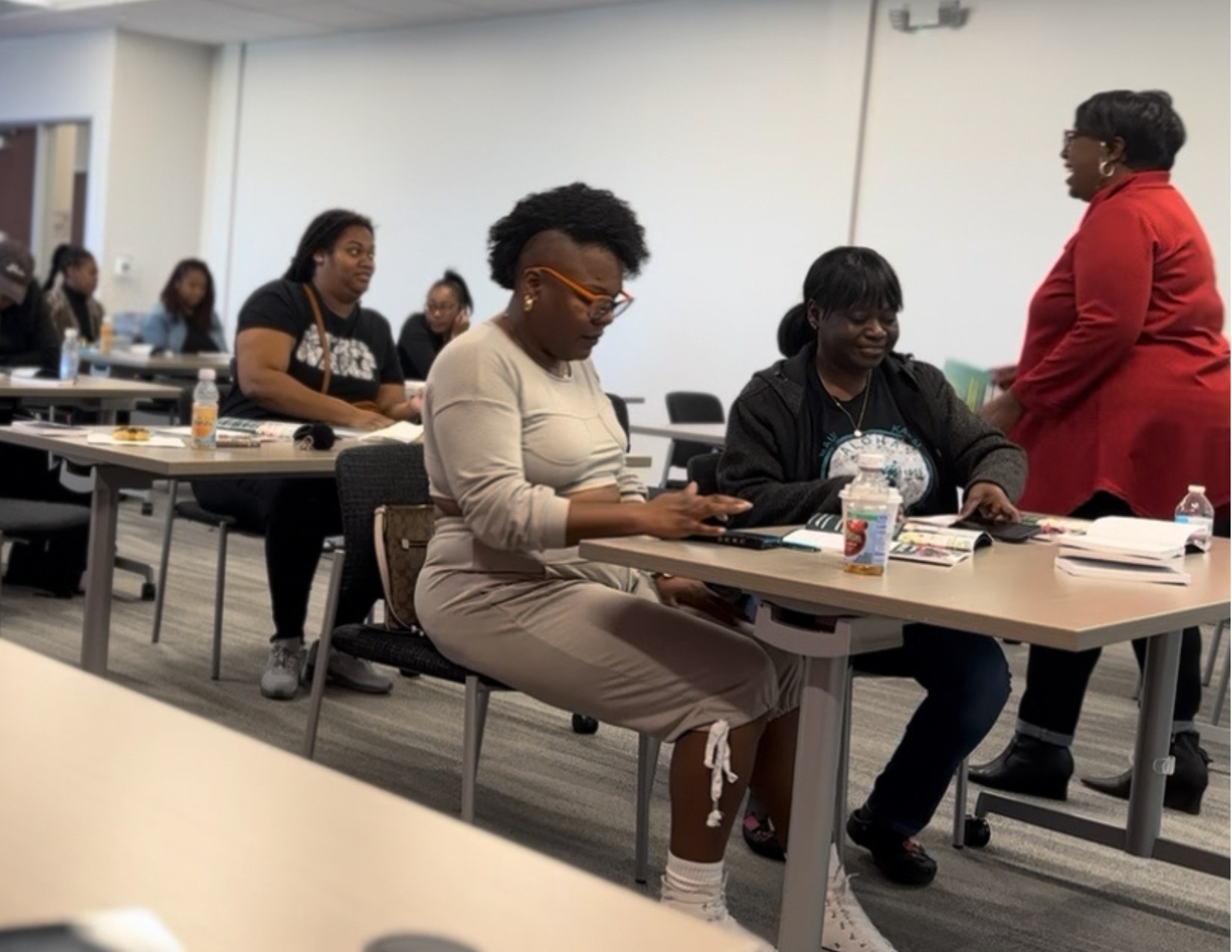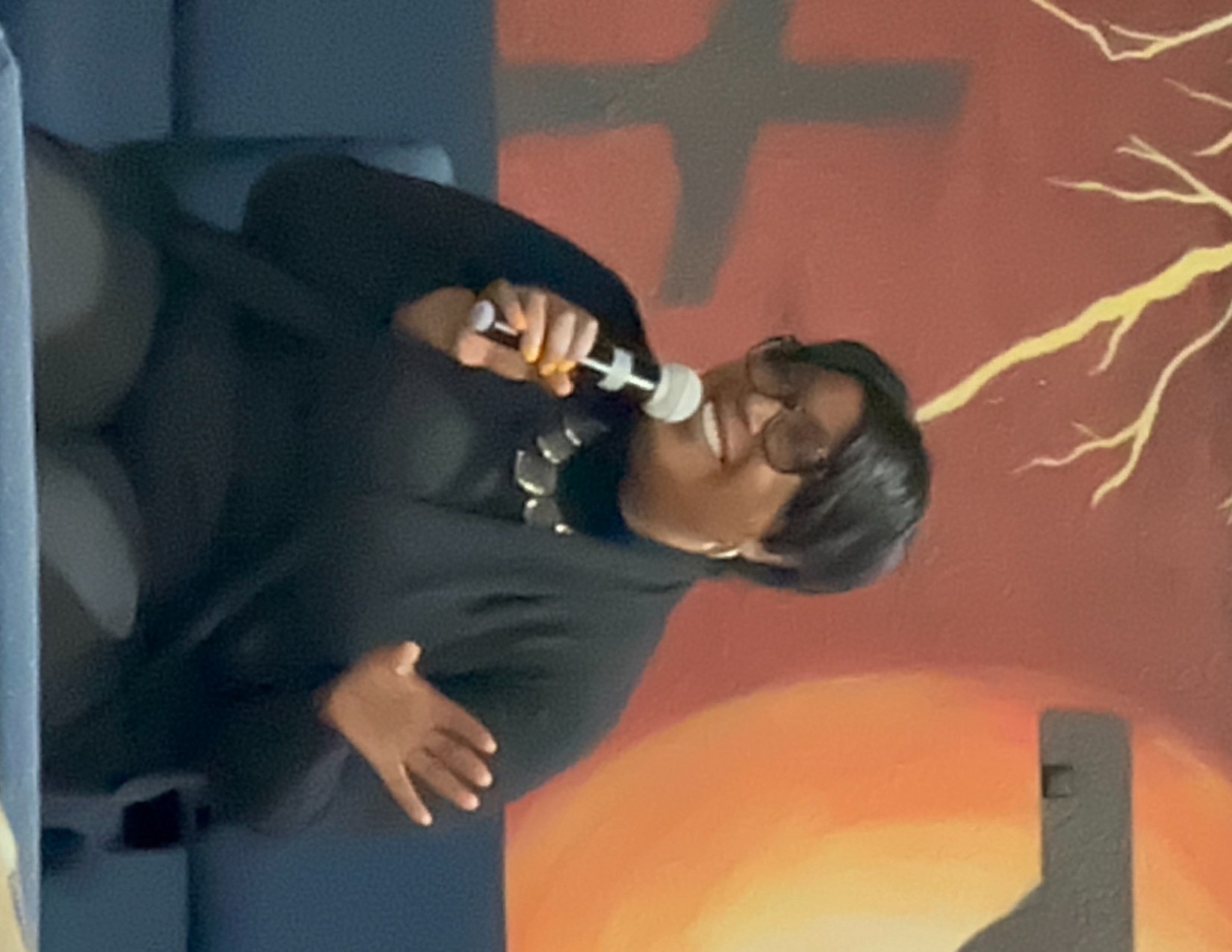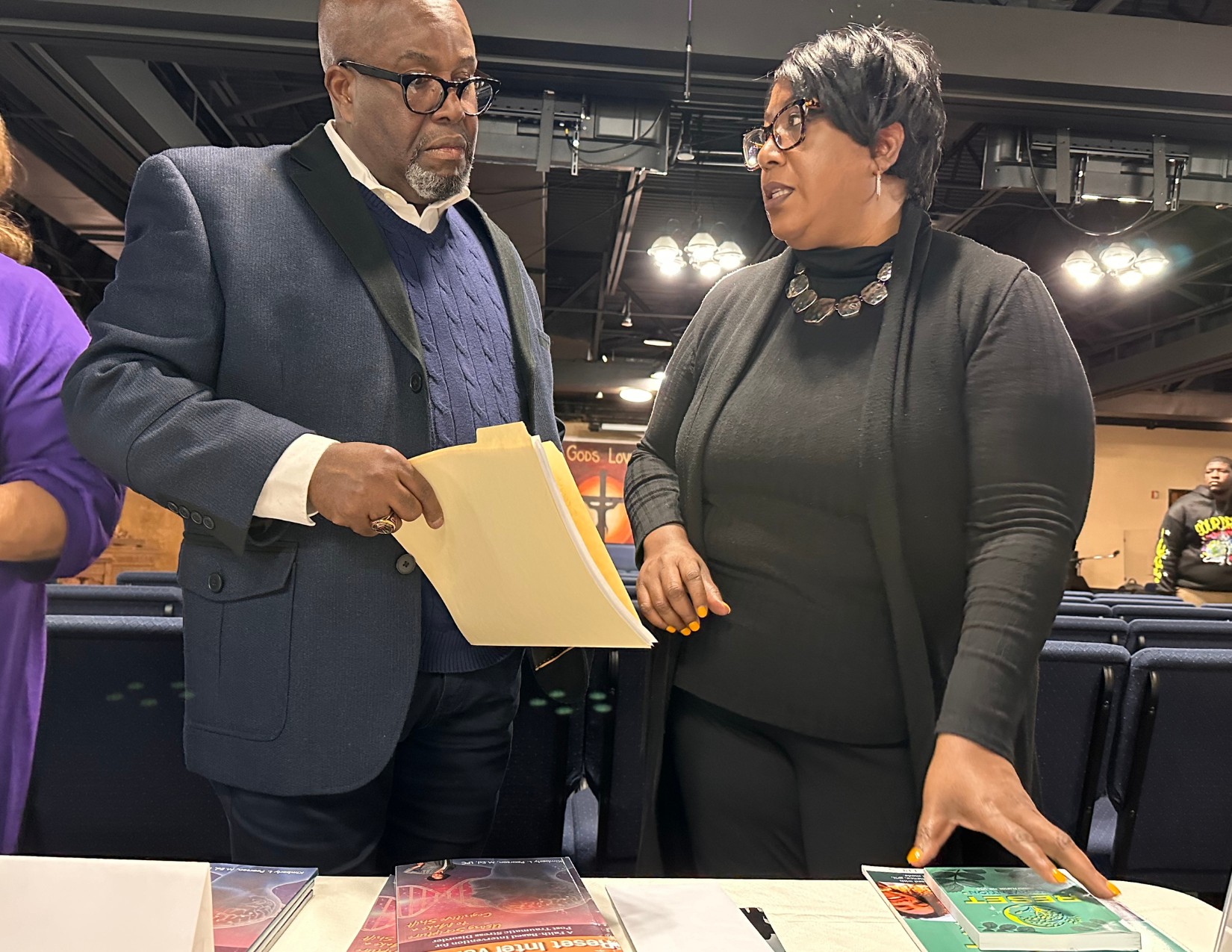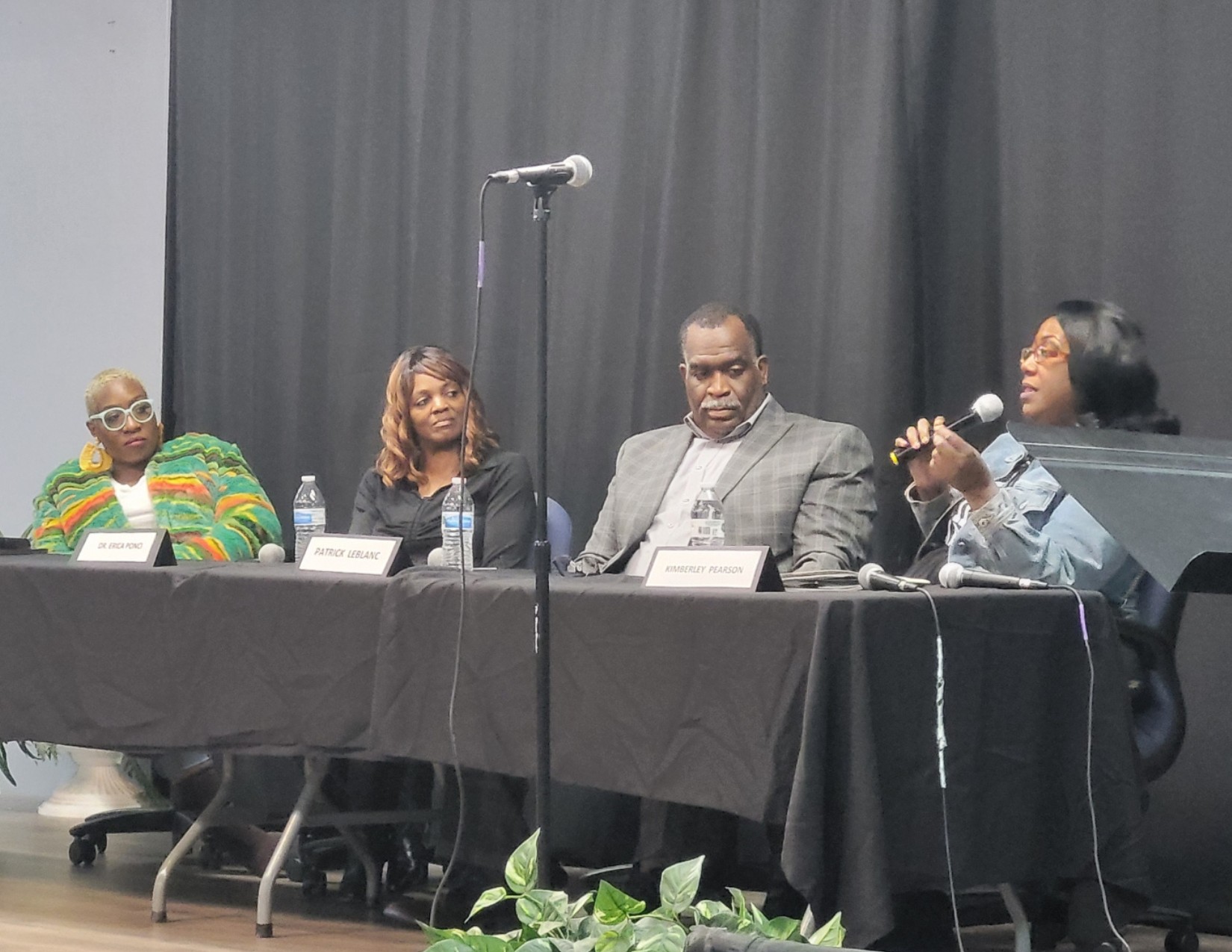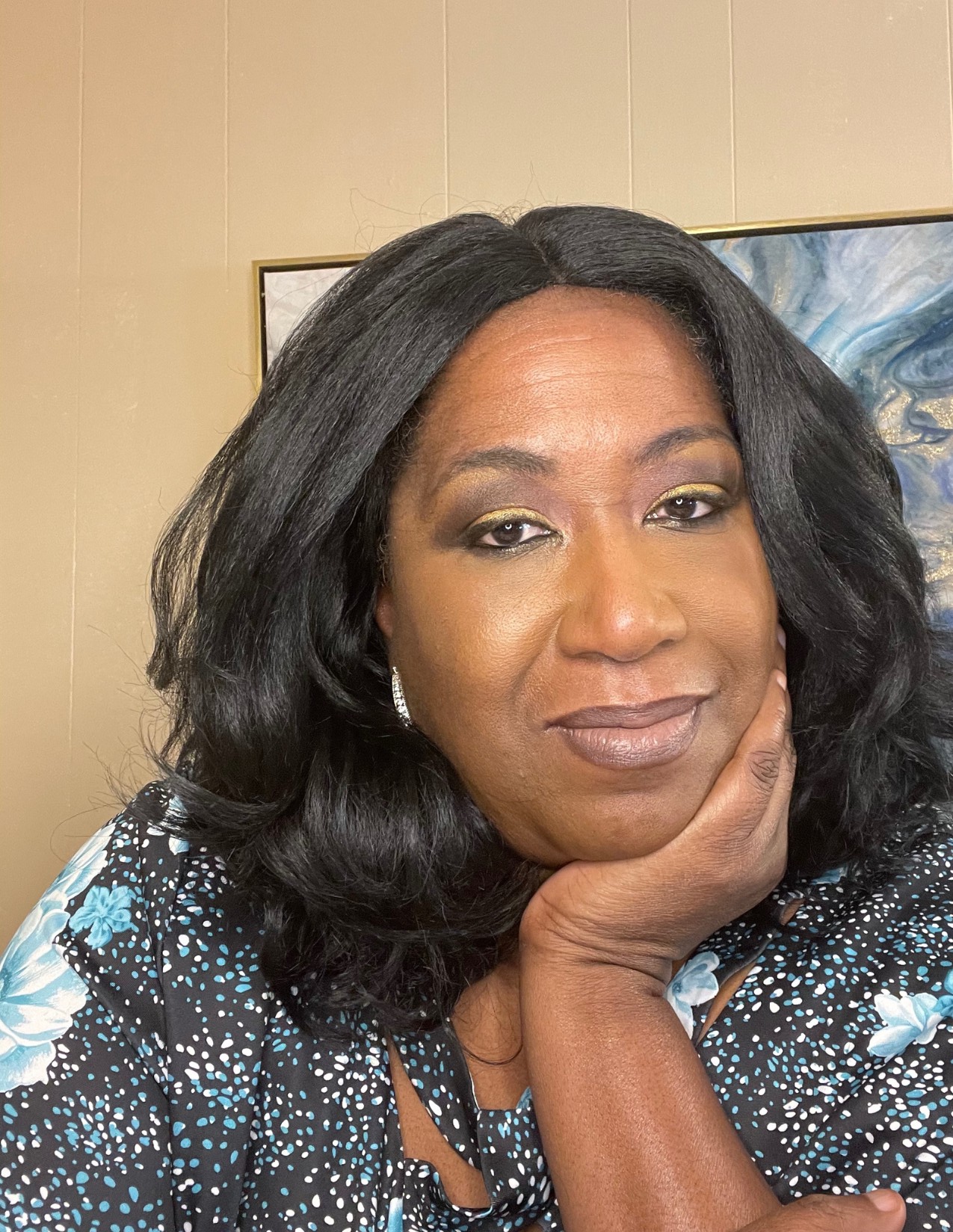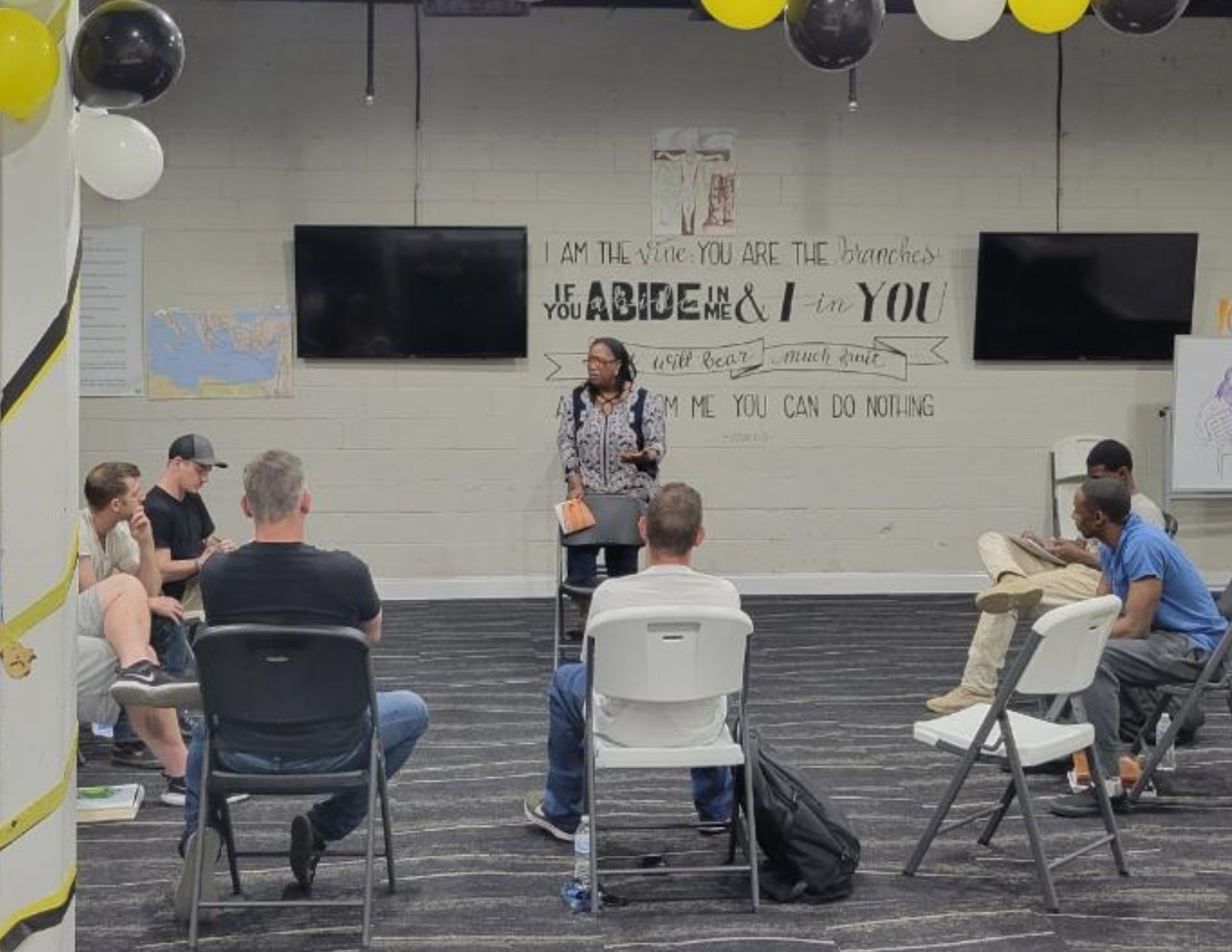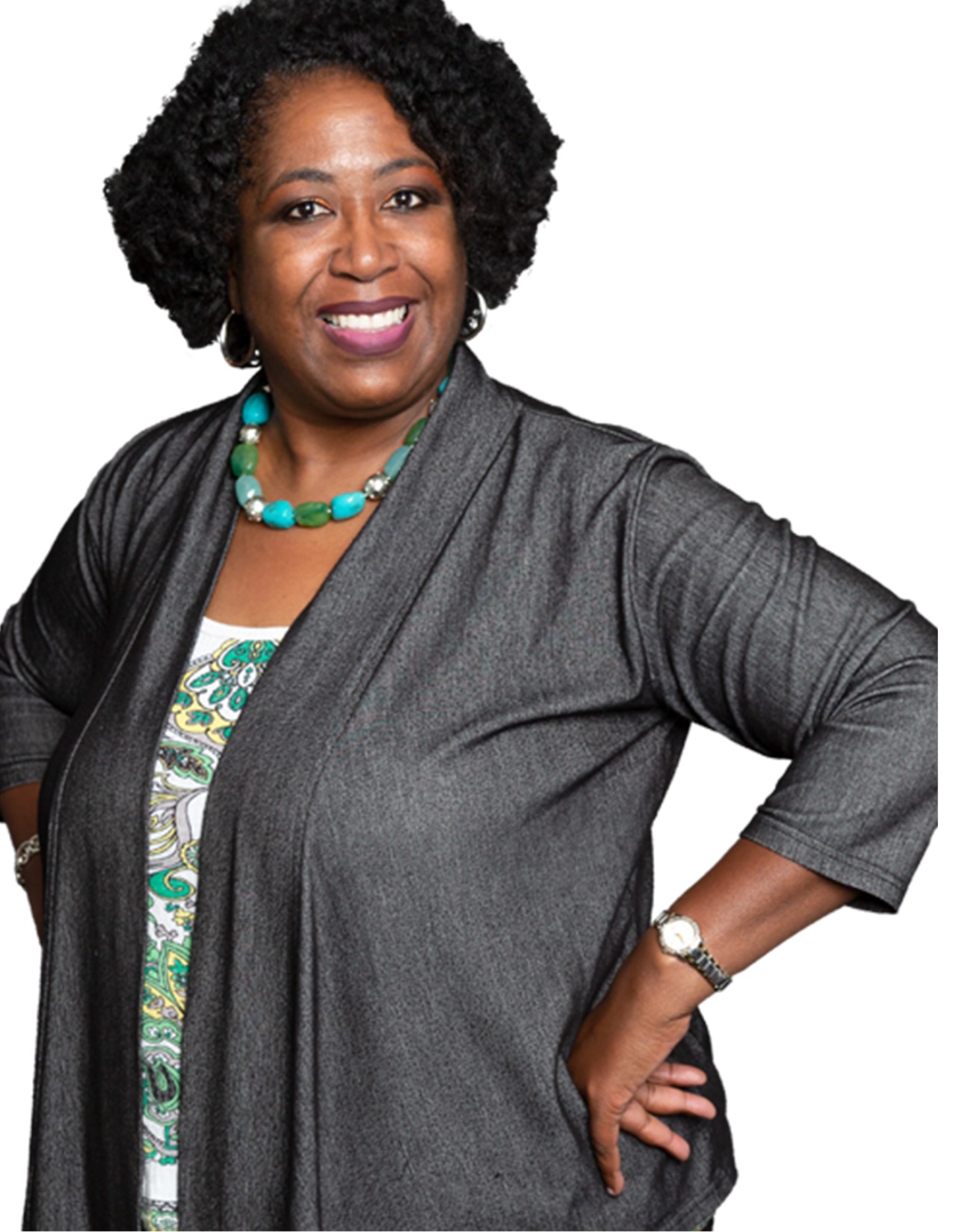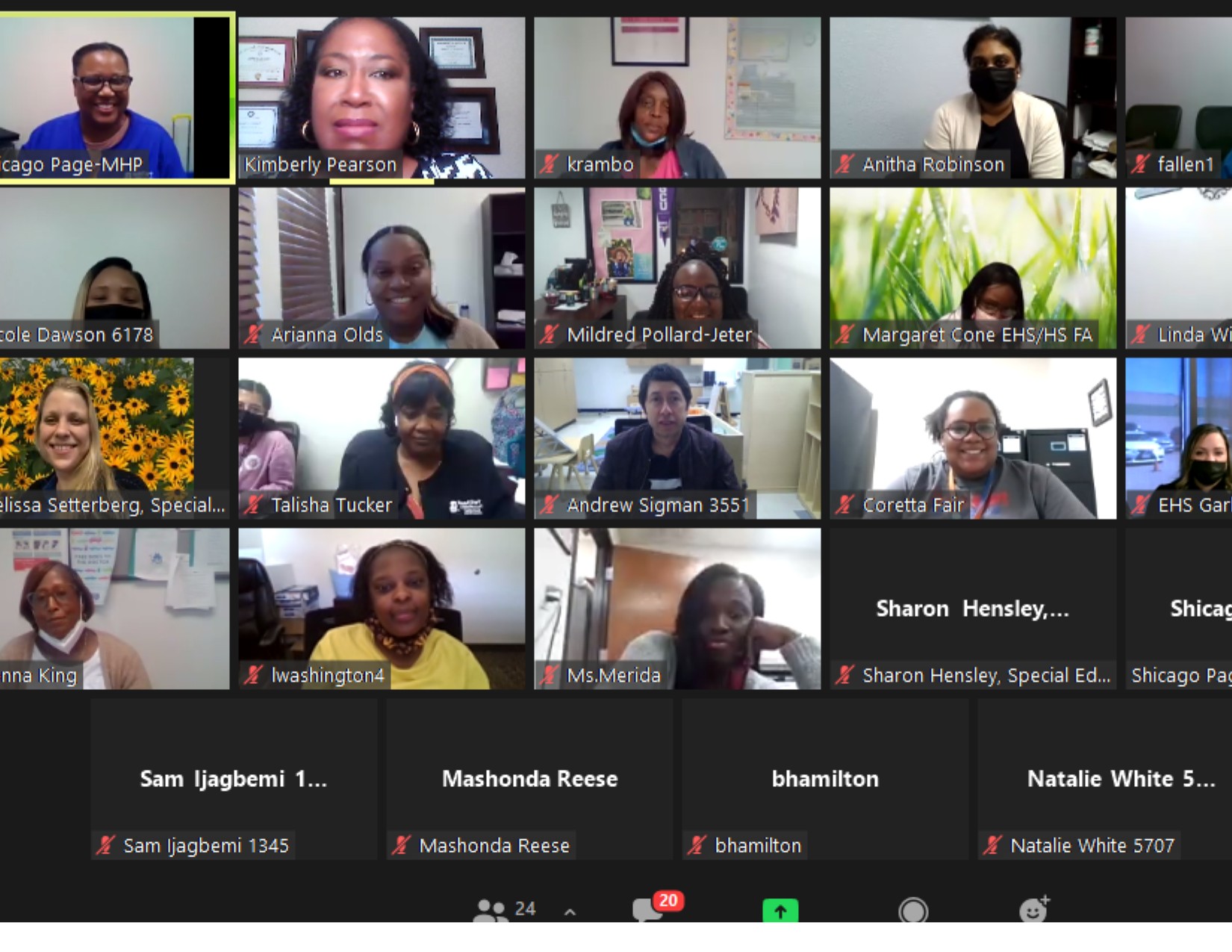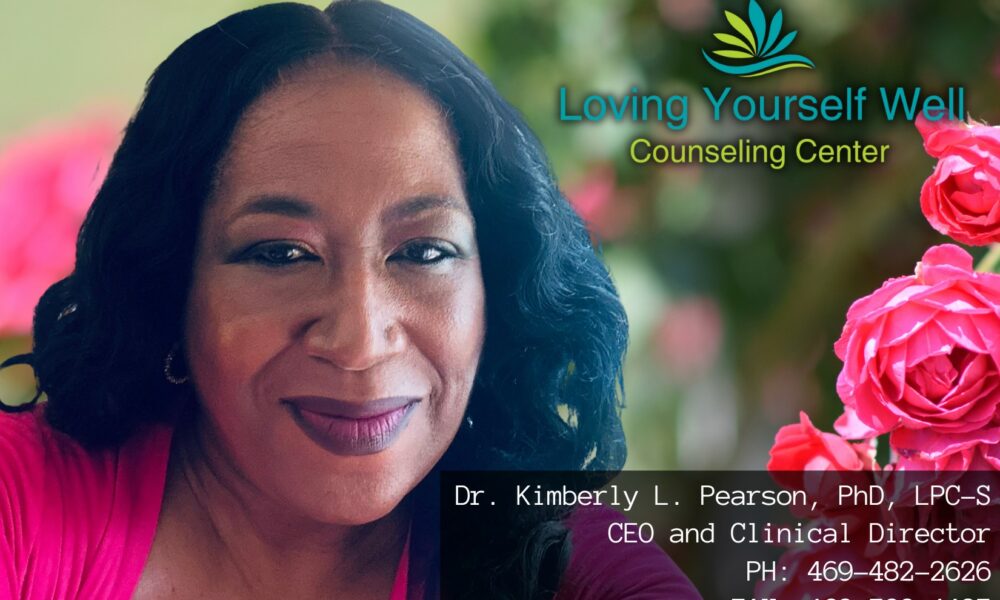

Today we’d like to introduce you to Dr. Kimberly Pearson.
Hi Dr. Pearson, thanks for sharing your story with us. To start, maybe you can tell our readers some of your backstory.
In the late 1980s and early 1990s, numerous African Americans were trapped by the devastating Crack Epidemic, which loomed over communities and inflicted enduring trauma upon those who lived through it. My journey to the mental health profession began in the early 90s with a marriage to a former high school flame. I entered this matrimony after completing a bachelor’s Degree in Music Theory and Composition, which I only pursued at my mother’s insistence because of the training I received from age six under her strict discipline.
Although I knew my ex-husband to be a sensitive, loving person, while I was away pursuing my education, he fell victim to the grip of crack cocaine, thrusting me into a tumultuous relationship marred by violence—a stark departure from the love I once vowed to cherish. Because I was raised in a household valuing the sanctity of marriage and unwavering commitment, the notion of divorce clashed with my deeply ingrained principles. Consequently, I remained entangled in the union for three years beyond what was prudent.
Upon finally severing those ties, I embarked on a quest to reclaim my life. I believed I was doing everything required to get my life back on track. However, a considerable change brought all of my trauma to the surface, as at the age of 39, motherhood bestowed its blessings upon me. With the arrival of my son, the stark realities of my impaired existence became glaringly evident. No longer could I cloak my struggles; the responsibility of nurturing another life underscored the urgency to rise above my challenges and reclaim my footing.
Following the birth of my son, my attention pivoted towards prioritizing my mental well-being. This newfound focus propelled me toward the path of counseling. Although I had briefly engaged with a counselor during my 30-day stay at a domestic violence shelter, I hadn’t initially sought counseling to address what I later identified as post-traumatic stress disorder, with depression and anxiety. My introduction into the counseling realm stemmed from a profound urge to be a nurturing mother and to confront what I perceived as a pattern of poor decisions or lack of focus. To be clear, I believed my impairment was the result of a series of challenging experiences and not a mental health issue.
It was in my first counseling session that I articulated my inner turmoil. I constantly feared that the ground would vanish beneath me. In voicing these sentiments, I came to a profound realization that I had merely mastered the art of survival, never truly embracing the life I aspired to lead and, thus, neglecting the life I was meant to live. The stress of trying to manage my internal struggle had taken its toll on my body, mind, and soul. I found myself out of balance, leading to repercussions across various aspects of my life, including my health, relationships, finances, and employment. With this awareness, I knew that to be a good mother, I had to learn to be good to myself. Being good to myself meant I had to start over by getting the degree I wanted and not the one someone else wanted for me.
Through my journey of self-discovery, I obtained a professional counselor-supervisor license in the State of Texas. I served as a distinguished faculty member at Texas A&M University at Commerce in the Department of Counseling Education and Supervision. In addition to my Bachelor’s Degree in Music Theory and Composition from East Texas State University, I hold a Doctoral Degree in Counseling Education and Supervision from Texas A&M at Commerce, complemented by a Master’s Degree in Community Counseling from the University of North Texas at Dallas.
My primary research interests revolve around faith-based intervention and addressing community trauma. Beyond academia, I lead as the CEO and Clinical Director of Loving Yourself Counseling Agency, employing diverse therapeutic approaches to serve a broad clientele. Furthermore, I authored Reset Intervention, an evidence-based PTSD intervention that integrates faith-based principles with Rational-Emotive Behavior Therapy. It is currently implemented as an outpatient treatment program in transitional housing facilities.
My personal experiences, faith, and active community engagement enrich my contributions to the mental health field. I not only bring lived experience to the profession but also offer evidence-based counseling interventions to the communities I serve.
Can you talk to us a bit about the challenges and lessons you’ve learned along the way? Looking back, would you say it’s been easy or smooth in retrospect?
Becoming a counselor educator and business owner has been fraught with challenges, yet the most daunting hurdle emerged in 2019 amidst the onset of the COVID-19 pandemic. While striving to finalize my dissertation, the landscape of mental health care underwent a significant transformation towards telehealth. This shift presented considerable obstacles, causing delays in completing my dissertation as virtual intervention protocols became standard practice. Furthermore, the sudden surge in demand for mental health services placed immense pressure on counselors, leading to an increased caseload to meet the escalating need. This task was further complicated by the limited familiarity of many individuals with using technology for mental health support.
Prior to 2019, grappling with managed care was my primary struggle. I ventured into private practice twice, encountering difficulties in navigating the billing process and making private practice financially viable. My initial attempt concluded with me accepting a position as an on-site counselor for a transitional housing program, only to be laid off due to budget constraints. Subsequently, I embarked on a W9 contract at a group practice, which I terminated following the tragic death of George Floyd. His passing fueled my commitment to establishing a practice dedicated to serving the African American community. While my practice caters to a diverse clientele, I strategically situated it in a predominantly African American neighborhood to ensure the provision of culturally congruent counseling to this underserved demographic.
Great, so let’s talk business. Can you tell our readers more about what you do and what you think sets you apart from others?
Loving Yourself Well Counseling Center (LYWC) emerged from a profound aspiration to empower individuals to lead authentic, purposeful, and gratifying lives. I established my counseling practice and situated it in the southern sector of Dallas, Texas. At LYWC we specialize in providing comprehensive mental health services for adults, children, couples, and families. I offer a range of services, including psychoeducational workshops, group and individual therapy sessions, and tele-counseling. Through these avenues, I assist clients in healing their bodies, minds, and relationships, employing complementary therapy approaches and techniques. I accept most insurance (except Medicaid or Medicare). Additionally, my self-pay rate for a 60-minute session is $100 per session.
What distinguishes my practice is my dedication to researching faith-based interventions. As the daughter and granddaughter of pastors, I deeply believe in the evidence-based efficacy of faith as a means of coping and fostering resilience. My unique approach involves integrating faith into counseling practices, particularly in addressing community trauma. I collaborate closely with pastors, who often serve as gatekeepers to mental health services, to advocate for resilience through faith as a crucial component of mental well-being. Each day, I strive to discover innovative methods to guide clients toward inner peace, self-discovery, and enduring success.
One of my most fulfilling endeavors involves community outreach. Over the years, I’ve been a guest speaker for various faith-based and nonprofit organizations, including esteemed entities like Head Start of Greater Dallas, Senior Source of Dallas, and Saint Luke Community United Methodist Church.
I take great pride in the implementation of Reset Intervention, an evidence-based outpatient program I’ve developed. This innovative approach combines faith-based principles with Rational Emotive Behavioral Techniques to address a range of mental health challenges. Notably, Reset Intervention has been successfully utilized at Interfaith Family Services and The Men of Nehemiah in Dallas, Texas.
Continually seeking to expand our reach, I actively seek partnerships with other organizations to extend the benefits of Reset Intervention to individuals grappling with Post Traumatic Stress Disorder and other related issues.
What do you like and dislike about the city?
I have a deep affection for Dallas, Texas. Having been a resident of South Oak Cliff throughout my life, I’ve witnessed the evolution of the city’s demographics and landscape. Dallas seamlessly blends the vibrancy of a bustling metropolitan hub with the warm embrace of Southern hospitality, creating a unique atmosphere that exudes both energy and relaxation.
Similar to many cities in the South, Dallas grapples with issues of racism and discrimination. Nevertheless, I believe that diligent effort yields fruitful results. With unwavering dedication and perseverance, individuals can forge a fulfilling life amidst Dallas’s dynamic backdrop.
Pricing:
- Most Insurance Plans Accepted
- Self-Pay Rate for a 60-minute individual session is $100 per session.
- Self-Pay Family Sessions are $150 for 90-min Intake
- Self-Pay Family Sessions are $125 for 60-minute per session.
Contact Info:
- Website: lovingyourselfwellcounseling.com
